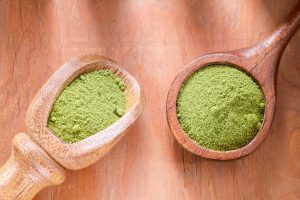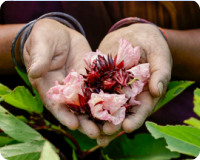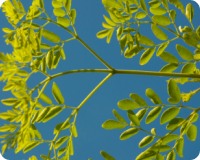

Section

Back
11 Amazing Ayurvedic Herbs for Immunity
09/12/2023 | Written by Gina Marie Saka
Conscious Healthy Living, Herbal Secrets

The Ayurvedic approach to health plays an important role in traditional systems in India. Ayurvedic herbs have been used for thousands of years to cleanse the body, support the immune system, and maintain balance within the mind, body and soul. These herbs for immunity have been continuously adopted into modern remedies worldwide.
There are many potentially harmful actions people take daily that can impact their immune system. From the foods that they eat and don’t eat, insufficient water intake, sedentary lifestyle, high stress, and not getting an adequate amount of sleep — each of these things affect the function of the body and can cause a weakened immune system.
But there are simple things that you can do that can help improve your health by modulating your immunity and boosting your overall wellness. Building a strong immune system comes as a result of optimizing your digestion, metabolism, liver function and hormone function. This optimization can help protect your body and promote an overall improvement in your well-being. You’ll definitely want herbs for immunity at arm’s reach during season changes to maintain health and vitality.
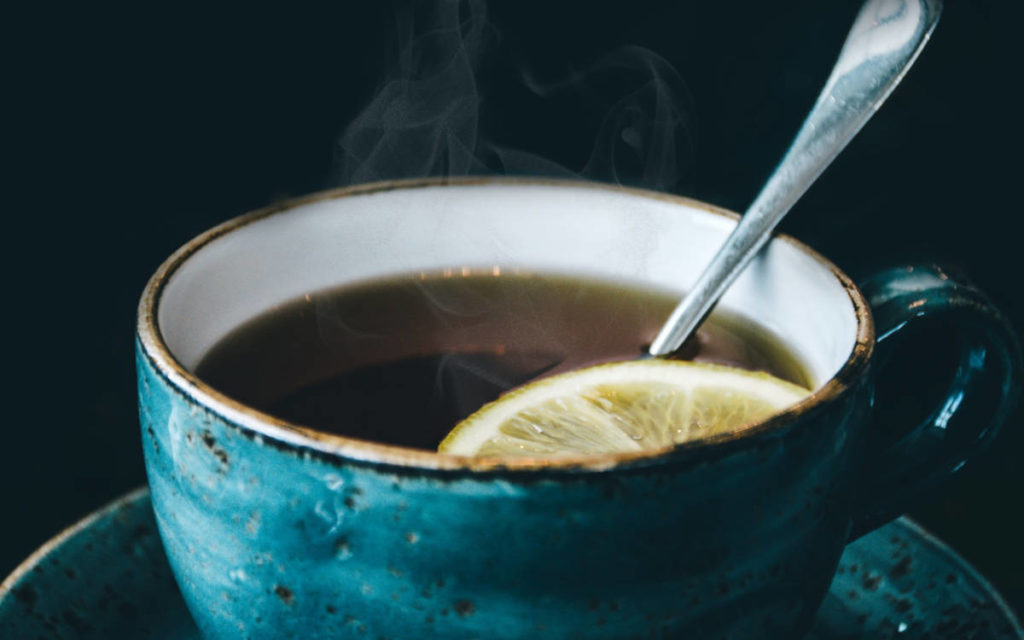
Top 11 Herbs for Immunity
Aside from leading a healthy lifestyle with exercise, balanced diet, restful sleep and plenty of water, here are 8 Ayurvedic herbs that can help support your immunity.
1. Neem
Neem offers plenty of powerful properties, with 130 biologically active compounds in its raw form that support many aspects of your health and well-being. This bitter herb helps support healthy immune system function and is also considered a cooling herb that regulates healthy inflammatory response. The immunomodulatory effect aids the body’s innate ability to regulate and balance. Neem also has antioxidant properties, which may help your body’s natural detoxification processes.
Neem can be taken in supplement form, blended in a smoothie, or mixed into a morning glass of water with lemon and honey.
2. Tulsi
Tulsi, also known as Holy Basil, can be found in just about any Indian household because it contains bioactives and offers various physical and spiritual benefits. Known as the Queen of Herbs, it has fragrant leaves and grows as a branched shrub at the foothills of the Himalayas. This herb is considered adaptogenic, which means it helps the body healthily respond to physical and energetic stress, which allows for relaxation and renewal. Tulsi is also considered an immunomodulator and acts to reinforce and support immune system health.
You can consume Tulsi as an extract, herbal tea, dried, fresh, capsule or powdered. It can also be found as an essential oil.
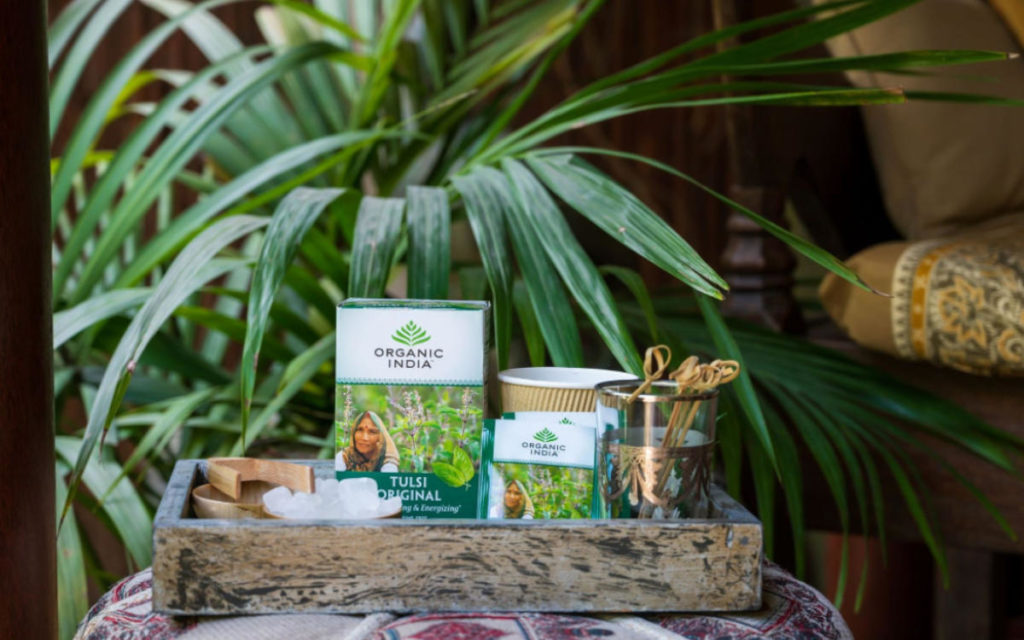
3. Guduchi
Known as the ‘root of immortality’ this ayurvedic herb has been used in traditional remedies for centuries to help protect the body from a range of issues. Guduchi, also known as giloy, is a climbing shrub that can be found growing on trees in India and China, and it’s the stem beholds the antioxidant and immune-supporting properties. This amazing stem can help remove toxins, purify the blood and protect against free radicals, guarding health down to the cellular level. It is also regarded for its cognitive-supporting potential.
You can consume Guduchi in a variety of ways — herbal tea, boiling in water, tincture, or in juice form.
4. Amla
Amla, also known as “Indian gooseberry”, in raw form in known to contain antioxidants and vitamin C, and is a great way to promote a healthy immune function so that your body can perform at its best. It is considered “The Mother” in Ayurveda due to its powerful ability to support the body, mind and immune system. It is also classified as a rasayana, meaning it has restorative properties that help replenish and renew. Aside from its ability to protect and restore healthy immune function, this “wonder berry” may also help regulate healthy inflammatory response for ease and comfort throughout the whole body.
You can eat amla fruit pickled, candied, as a jam, or consume it in a capsule or powder to be mixed into juice or smoothies.
5. Ceylon Cinnamon
For millennia this popular spice has been used as a remedy for immune support. In fact, it was originally used by ancient Egyptians 2,000 years ago and it is even mentioned in the Bible. Ceylon cinnamon is celebrated for its ability to regulate inflammatory response, detox the body with its antioxidant properties, support sugar metabolism, help regulate healthy circulation, and support immune function. It also has a generally warming and soothing effect on the body, especially in tea, so it’s a choice spice to this day for a sense of wellbeing, protection and full body comfort.
Most commonly found in powdered form and can be added to smoothies, teas, baked goods and more.
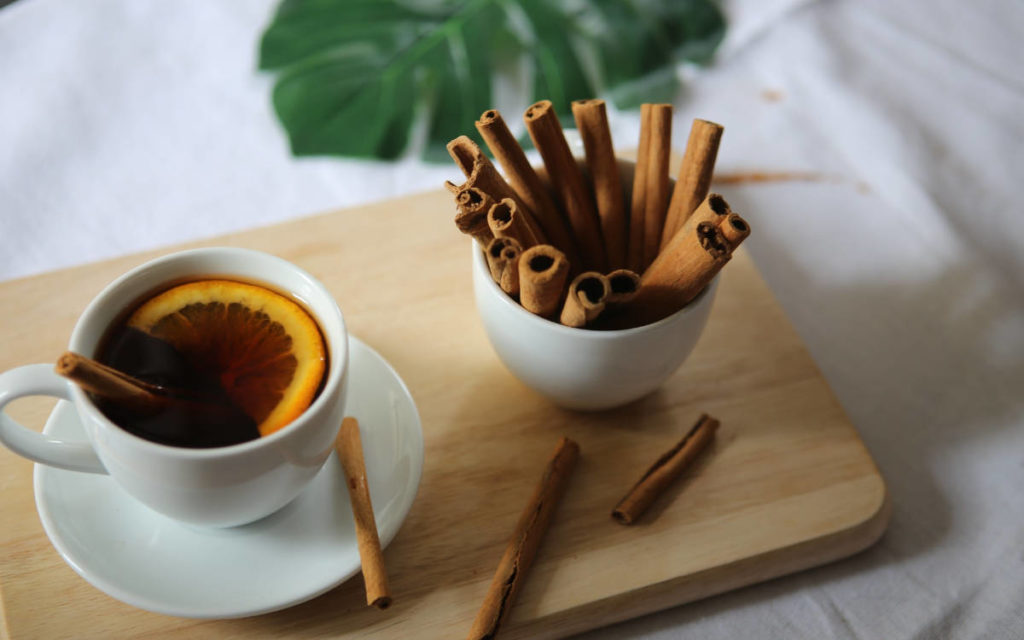
6. Pushkarmool
This powerful Ayurvedic herb is native to India and Nepal, growing in the majestic Himalayas. It has been long celebrated in ancient Ayurvedic and Chinese systems for its ability to support respiratory and immune function. Pushkarmool is also used as an expectorant and tonic to relieve build up and bring a sense of full body vitality. This plant had a broad spectrum of health applications and is recognized across the globe to this day.
You can take this herb in powdered or capsule form as needed or find in a variety of tea blends.
7. Katuki
This rare herb can be found in the high Himalayan region and is known for its liver protecting properties. It supports a healthy immune system and inflammatory response; regulates spleen, kidney, and gallbladder function; and aids in supporting your overall health. It has also been found that katuki may help support already healthy blood sugar and cholesterol levels.
This root herb can be found in various forms such as capsules, tinctures, teas, and powdered. It’s best when taken alongside Turmeric or Neem.
8. Ashwagandha
When the nervous system is in a state of stress, it can negatively impact healthy immune and digestive function. Ashwagandha is a powerful Ayurvedic root that works to relax the nervous system and restore healthy immune function. As an adaptogen, it can help release stress and tension from the brain so that you exit “fight or flight” mode and return to a state of physical equilibrium. As a result, more energy is spent on immune wellness.
9. Elderberry
Elderberry is a shrub native to eastern North America that can help support immune function. The berries and flowers of this plant contain vitamins, minerals and antioxidant properties. Studies show that preparations of the plant may help stimulate the production of cytokines, which can help optimize immune function. The plant is a popular alternative solution to ease, minimize, and shorten the window of seasonal woes and sensitivities; and it’s been used for thousands of years in traditional systems to protect immunity.
Elderberry can be found in capsule, syrup and tincture form, though some people prefer to eat the berries fresh for their lightly sweet and tart flavor.
10. Oregano
As you might have guessed, Oregano is native to the hills of the Mediterranean. This famous culinary herb from Greece and Italy has uses beyond your plate, however. This flowering herb in the mint family has been found to have antioxidant properties that help cleanse the body of buildup and toxins, while helping support immune function.
Oregano can be taken as an immune tonic in tea, tincture, essential oil, oil or ointment form. You can also use generously on your favorite Mediterranean dishes, though it may not yield the same results as a more concentrated form.
11. Turmeric
This Indian spice is known as a superfood around the world. It’s also referred to as the ‘golden spice’ and has been used for over 4,000 years in Ayurvedic systems. It is known to support a healthy inflammatory response and is has antioxidant characteristics that may help protect the body against free radicals. Curcumin is the main polyphenol micronutrient in the plant and helps soothe the whole body. According to studies, “findings indicate that curcumin may exert immunomodulatory effects” as well.
There are many ways to enjoy turmeric. The powdered form is the most common and can be taken mixed with warm milk or turmeric lattes, or cooked into your favorite curries or rice dishes. You can also find capsules for a concentrated dose.

Improving your health, building a strong immune system, and improving your overall health isn’t just a desire; it’s a necessity. Thankfully there are no lack of Ayurvedic herbs for immunity that will help you to achieve these goals and support your vitality through all changing seasons.
